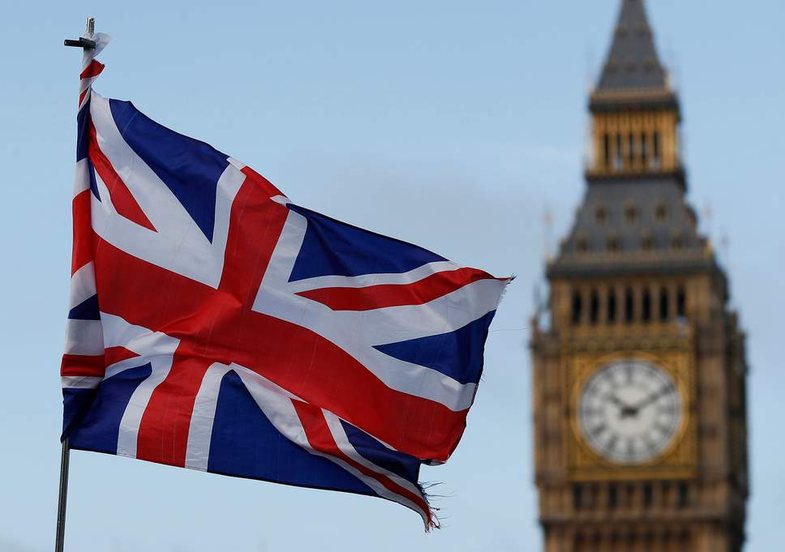
"Herd immunity" is a phrase commonly used when large numbers of children are vaccinated against a measles-like illness, reducing the chance for others to become infected. As a tactic to combat a pandemic, for which there is no vaccine, is new - and for some it is alarming.
Unlike the rest of the world, the United Kingdom is using this strategy to fight coronavirus. In fact, the statement and decision of Prime Minister Boris Johnson were seen as paradoxical. On the one hand he said that "the country is going through the darkest times" and "should be ready to lose loved ones" but on the other hand refused to take safeguards. But after constant pressure, Boris Johnson was forced to stop crowding.
To achieve herd immunity, about 60% of the population will have to become ill to become immune, according to Patric Vallance, the government's scientific adviser. Yet even scientists who understand the strategy are anxious. "I worry because it might not be the best we can do," said Martin Hibberd, a professor of infectious diseases in London.

Through this strategy, the majority of the population aims to pass the coronavirus in order to gain immunity, while the medical system deals only with the most severe cases thus avoiding collapse.
But this strategy - which avoids extensive testing, tracking contacts and isolating them - can increase the risk of infecting people facing major health problems.
It remains to be seen how the spread of Covid-19 in the UK will continue, although under conditions where the vaccine has not been developed, this strategy seems risky.
- Adapted from The Guardian





